Extinction of dinosaurs. Why are they extinct?
The real cause of the extinction of dinosaurs
Evolution is inherently related to the extinction and emergence of new species. However, there are many myths and legends about the extinction of dinosaurs. How was it really?
Throughout the Age of Reptiles, which began 250 million years ago and ends 65 million years ago, some reptiles have died out while others have appeared. Various groups of dinosaurs then reached their maximum development at different times.
There are various explanations for the great change in fauna that occurred 65 million years ago. In particular, the extinction of dinosaurs has been given nearly a hundred hypotheses about its causes. Scientists still disagree about the cause of this sudden death. To explain the reason, they developed various theories.
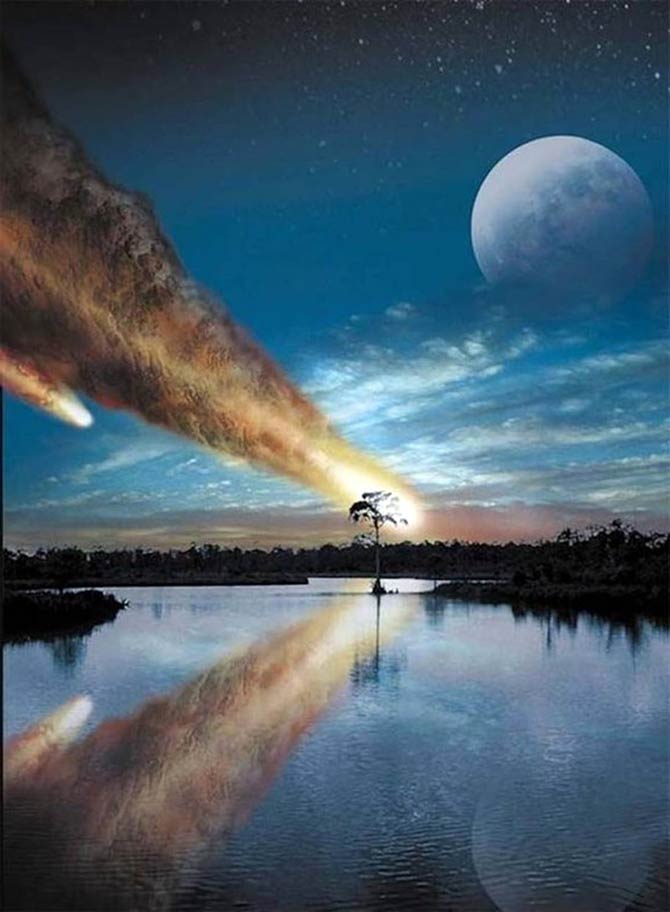
However, it is known enough to dismiss some of the popular ideas:
Dinosaurs did not die out because they were a “badly adapted” group
Dinosaurs did not become extinct because they were “badly adapted” (especially compared to mammals) or “degenerate” or “senile”.
Dinosaurs prospered for 160 million years, from the start winning the competition with mammals. At the end of the Mesozoic era, many groups of dinosaurs flourish, with new and more perfect adaptations;
The dinosaurs did not become extinct due to mammal competition
Dinosaurs did not become extinct due to competition from mammals (there were no large mammals occupying similar ecological niches as dinosaurs), nor because our big monsters were eating their eggs (it would have to be a worldwide collusion);
Dinosaurs probably did not die out as a result of poisoning with plants
The dinosaurs probably did not die out as a result of plant poisoning (the position with the skull thrown back, which is characteristic of many fossilized skeletons of dinosaurs, was interpreted as a result of the agony of poisoning). There is no empirical evidence for this.
A credible hypothesis trying to explain the extinction of dinosaurs must take into account that at the same time other large reptiles (flying and marine) have disappeared, as well as many species of mammals and birds, and even small marine organisms (whose fossilized shells gave rise to the writing chalk from which the period’s name is derived).
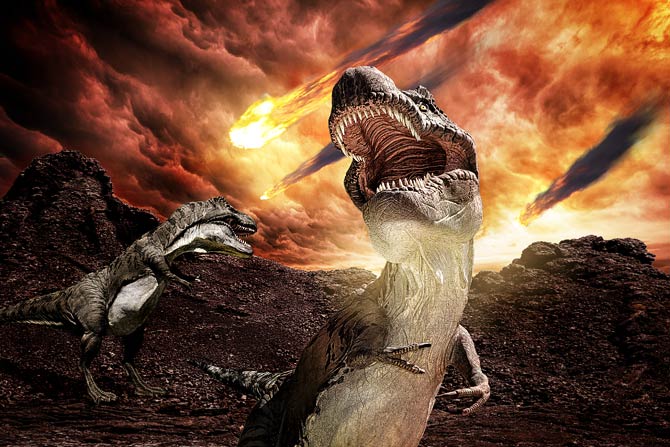
Recently, supporters have mainly two hypotheses
Serious climate change
Serious climatic changes related to the migration of continents and very intense volcanism in India.
It could have been similar with the following assumption. It assumes several strong volcanic eruptions. Large amounts of lava covered the land and toxic substances and tons of volcanic ash were released into the air. The result was similar to that of the meteorite impact. There were major climate changes that the dinosaurs did not survive.
A space disaster
A space catastrophe in the form of a collision with an asteroid (the alleged crater was discovered on the Mexican Yucatan Peninsula).
The best-known assumption is that the Earth was struck by a large meteorite. There was a huge explosion. It burned everywhere, rubble covered the land, and tons of ashes were scattered in the air. The sun could no longer penetrate the thick air. So it got darker and colder on Earth. Plants, the food base of many animals, no longer had enough light to grow. This sudden climate change led to the extinction of many animals and plants.
More hypotheses (explanations)
New plants (flora)
The time of the middle Cretaceous brought forth a variety of flowering plants. Some scientists suspect that the herbivores could not adapt quickly and well enough to the new food supply and the newly created environment, so they died. As a result, the carnivores also did not have enough food.
Shifting of the continents
Another assumption is that the shifting of the continents caused a considerable change in the climate and eventually led to the death of the dinosaurs. The drifting apart of the land masses caused the sea level to rise further. The climate became significantly cooler and more humid. Continental plates partly pushed over each other and the land began to fold, creating large mountain ranges. The dinosaurs were probably unable to adapt quickly enough to the resulting significant climate change.
Summary
Was it a meteorite impact, a volcanic eruption or something completely different that led to the extinction of the dinosaurs? Even today, researchers still cannot agree on why the dinosaurs disappeared so suddenly 65 million years ago. But you should know that “suddenly” is very relative, because the extinction of the giant lizards took several thousand years. That’s quite a long time for us, but from a geological point of view it’s almost just a snap of a finger.
At the end of the Cretaceous period, about 65 million years ago, the dinosaurs became extinct. Many other animal species also disappeared from the Earth. This took many thousands of years, but geologically this period is very short.
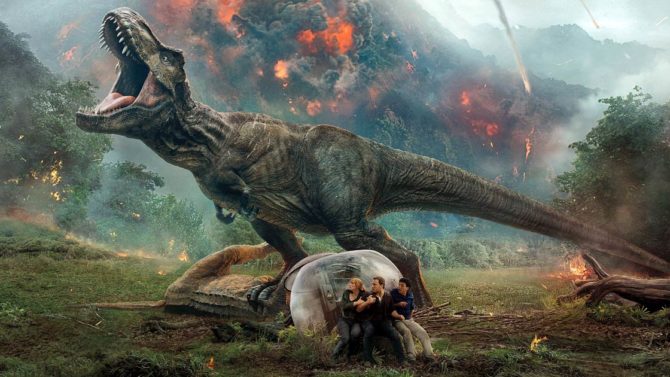
Recommended
- The longest dinosaurs. Sauropods Top 10
- The heaviest dinosaurs – Top 10
- The longest predatory dinosaurs. Theropods Top 10
- The heaviest predatory dinosaurs Top 10
- The longest Ornithischians (Ornithischia) TOP 10
- The heaviest Ornithischians Top 10
- The largest raptors (dromaeosaurs) Top 10
- The heaviest Dromaeosaurids / dromaeosaurs – Top 10
- The longest Ankylosaurus Top 10
- The heaviest Ankylosaurus Top 10
- The longest ceratopsians
- The heaviest cerapsians
- The longest and largest ornithopods
- The heaviest ornithopods Top 10
- The longest Stegosaurians (Stegosauria) TOP 10
- The heaviest Stegosaurians (Stegosauria) Top 10
- The smallest sauropods Top 10
- The smallest dinosaurs Top 10
- The largest pterosaurs Top 10
- Dinosaurs
- Dinosaurs database
- Predatory dinosaurs
- Animals & dinosaurs records
- The fastest animals – Top 100
- The fastest birds – Top 10

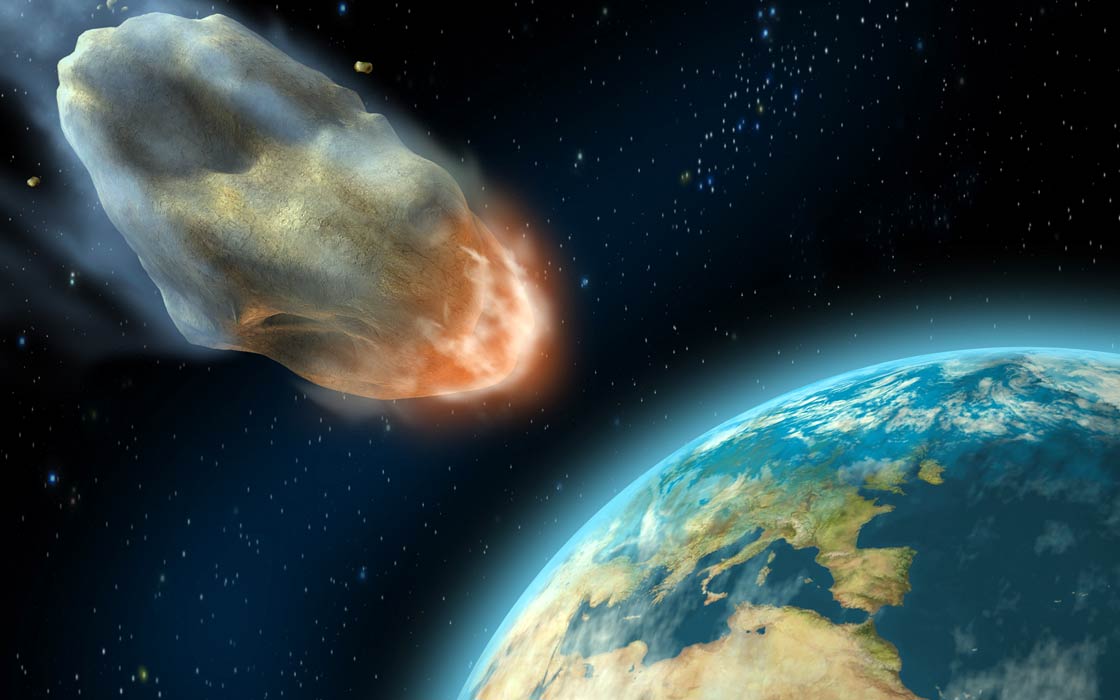

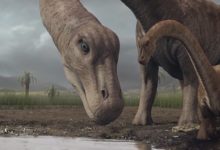
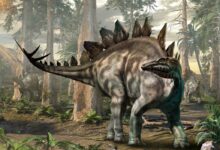


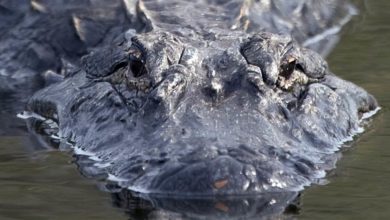


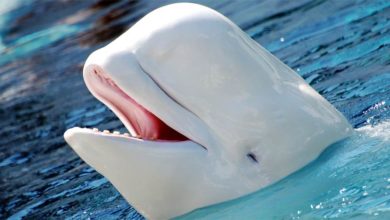
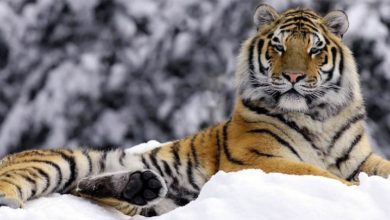


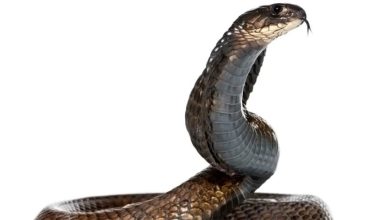
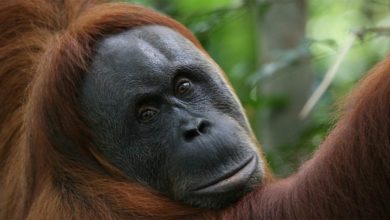


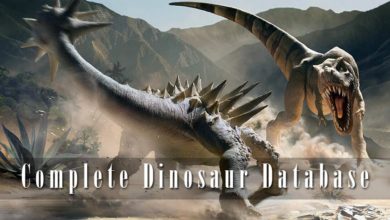
Why did the dinosaurs die out? We have many theories, but no proof.